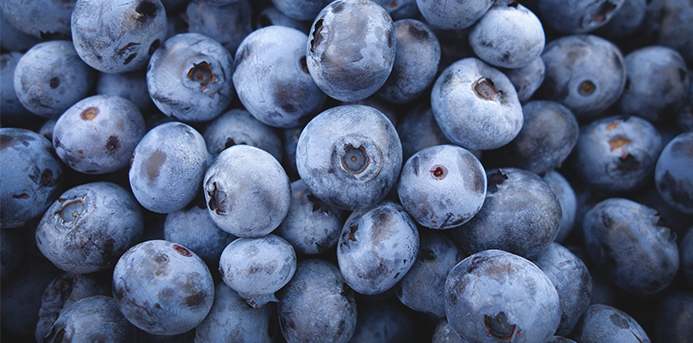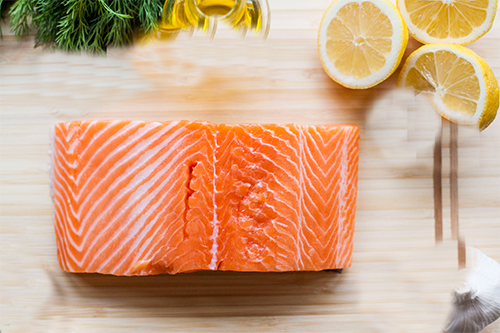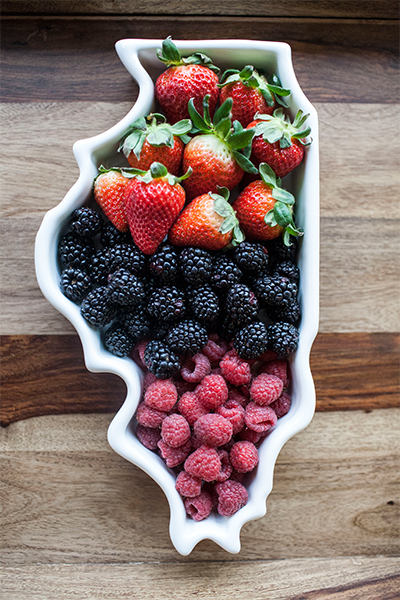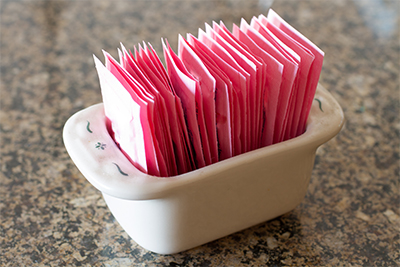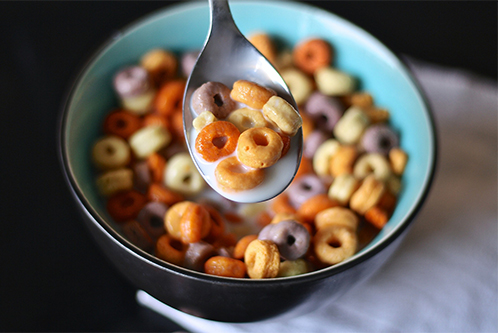A healthy diet should be your first line of defense against cancer. Here’s how to turn every meal into a powerful weapon against disease.
Whether you’re staring down a cancer diagnosis, have a family history of cancer and want to reduce your risk, or simply want to live as healthily as possible, cleaning up your diet — and of course, exercising regularly — will provide your best shot at longevity and overall good health.
There is a definite link between cancer-fighting foods and those that can help us live our best lives. The key is to eat cleanly, which means eliminating highly processed foods, trans fats and refined sugar, and reducing sodium intake.
“Clean eating not only provides you with more vitamins, minerals, phytochemicals and fiber, which may reduce the risk of cancer, but it also allows you to cut out empty calories and unhealthy fats, making it easier to maintain a healthy body weight,” says Carolyn Lammersfeld, vice president of Integrative Medicine at Cancer Treatment Centers of America. “When you eat clean, you are naturally supporting the immune system, which may help protect the body from viruses, colds and cancer-causing agents.”
Nutrition guru and author Dr. Andrew Weil agrees, and suggests that an anti-inflammatory diet is the cure to what ails us. “There’s a broad overlap between cancer-fighting foods and those that ease inflammation,“ says Weil. Omega-3 fatty acids and all the antioxidant-rich fruits and vegetables — and spices like turmeric, ginger and black pepper — all fit the bill. “They are part of our defenses against free radicals, which are compounds that are generated in the course of normal metabolism and also increase our exposure to toxins that damage tissue,” says Weil. “We have to protect ourselves from them.”
Whether you think of it as eating proactively or preventatively, there are certain foods that are known to reduce inflammation and cancer risk. Dr. Heidi Memmel, surgical director of the Caldwell Breast Center at Advocate Lutheran General, says that anything that we can do to increase our probability of good health is critical. “Overall, trending more toward a plant-based diet, getting away from meat proteins and leaning more toward plant proteins” is the right direction, says Memmel. “Diet and regular exercise are highly proactive. After menopause, it’s so important to maintain a healthy body weight. And if you’re a smoker, or a big drinker, cut it out. It’s important for women to take care of themselves.”
Add these foods to your diet:
1. Cruciferous vegetables
This includes broccoli, cauliflower, Brussels sprouts, cabbage, radishes, turnips and dark leafy greens (kale, collards, arugula, watercress). They are known to support detoxification, slow the growth of tumors, and protect your body from cancer-causing chemicals. They’re also high in fiber (see #3).
2. Omega-3-rich foods
Salmon, Albacore tuna, sardines, herring, walnuts, chia and hemp seeds, and seaweed (kelp, nori, etc.) all contain this helpful fatty acid, which lowers inflammation, boosts immunity, and stabilizes blood sugar levels, among other wonders. Nuts and seeds are also high in vitamin E.
3. Fiber-rich foods
Bran (corn, oat, rice or wheat) and bran cereals, legumes (beans and peas), whole grains (oatmeal, barley, bulgur, amaranth, buckwheat), squash, seeds and nuts help to regulate your digestive system, decrease blood cholesterol and strengthen your immune system.
4. Unrefined oils
Coconut, extra-virgin olive, flaxseed, peanut, sesame and cod liver oils. Read the labels carefully; only unrefined oils, not hydrogenated or refined, are what you are looking for. Essential for the smooth working of your digestive and immune systems.
5. Fresh spices
Ginger, garlic, turmeric, cayenne and black peppers. These are immune-system boosters. Aim for a clove of garlic, a teaspoon of curcumin-rich turmeric and a teaspoon of black pepper daily.
6. Probiotic products
Kefir (dairy or coconut), yogurt, cottage cheese, goat milk, kombucha, kimchi and sauerkraut. These are loaded with “good” bacteria, which help with digestion, balance intestinal flora, and promote cellular rejuvenation.
7. Fresh berries
Blueberries, strawberries, raspberries, cherries, goji berries and blackberries are like nature’s happy vitamin supplements, efficiently delivering vitamins A and C, antioxidants aplenty and gallic acid, an anti-fungal agent known to increase immunity, all in small, brightly colored and tasty packages.
8. Green tea
Of all the teas (green, black, oolong), green tea has the highest levels of catechin, which reduces tumor cell growth and can shrink tumors.
Foods to avoid:
1. Artificial sweeteners
“While these tend to be people’s go-to, they offer very little nutritional value,” says Lammersfeld. “Some studies suggest that they may cause changes in your gut microbiome that may [actually] lead to weight gain.”
2. Refined sugar
High-fructose corn syrup is the big bad here, but processed white sugar isn’t far behind. Both contribute to insulin spikes and can feed the growth of cancer cells. Opt instead for honey, date or coconut sugar, real maple syrup or agave nectar. Stick with organic when possible.
3. Refined and overly processed foods
Paleo dieters get this part right; the farther a food is removed from its natural state, the less it retains the beneficial vitamins and nutrients nature intended, and the greater chance that (shudder) chemical additives and empty calories will sneak into the equation. Read your labels.
4. Trans fats
Found in margarine, vegetable shortenings and partially hydrogenated vegetable oils, these are the by-products of the chemical process when liquid oils are solidified; they also hide in many processed foods. These play havoc with your cholesterol levels, greatly increase your risk of heart disease and can change cellular membrane structure.
Find local and national nonprofits and causes to support:
[takeaction]
Pin this post:
More from Make It Better:
